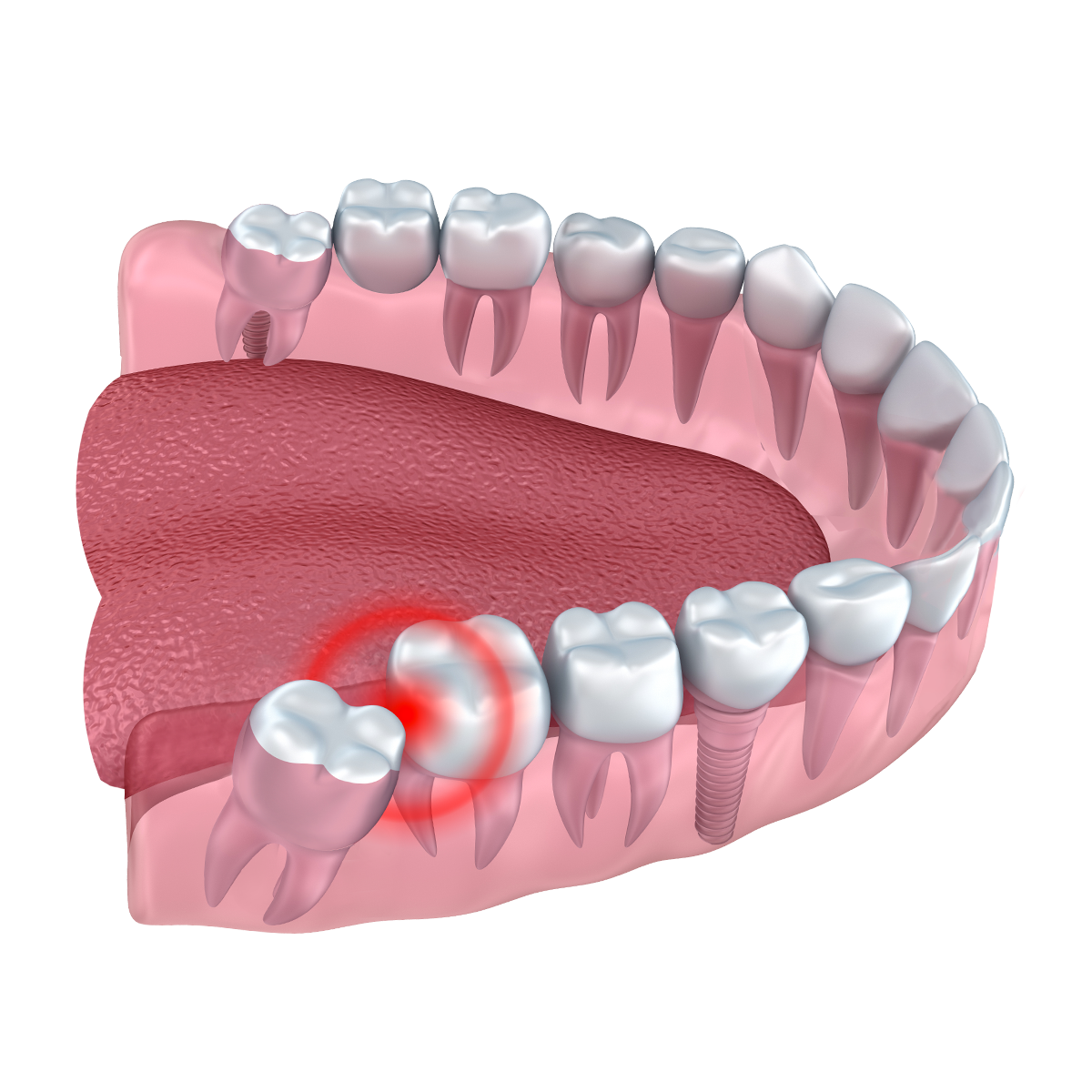Wisdom Tooth Removal Recovery
 The wisdom teeth are the large molars that emerge during the teen years. In many cases, the wisdom teeth are removed. Impacted wisdom teeth, those that do not erupt all the way, can cause pain and oral health problems. Or, the wisdom teeth need to be removed to prevent the teeth from shifting out of place.
The wisdom teeth are the large molars that emerge during the teen years. In many cases, the wisdom teeth are removed. Impacted wisdom teeth, those that do not erupt all the way, can cause pain and oral health problems. Or, the wisdom teeth need to be removed to prevent the teeth from shifting out of place.
If you think you need to have your wisdom teeth removed, Dr. Kellyn Hodges can perform this procedure in a manner that has you feeling better in no time. Learn what to expect during your wisdom tooth removal recovery by reading on, and then contact our Philadelphia, PA practice to schedule a consultation.
What Will the Day of My Procedure Be Like?
You will receive a local anesthetic and possibly a sedation option before your procedure. In most cases, your wisdom tooth extraction will be performed in about an hour. Immediately following the procedure, you may feel groggy and experience discomfort at the surgical sites. After a short recovery in our office, you will be sent home with detailed post-operative instructions. Plan on having a family member or friend take you home since you will not be able to drive.
Enjoying a Safe, Smooth Recovery
The key to enjoying an expedited and safe wisdom tooth removal recovery is, as with any surgical procedure, to follow your doctor’s orders to the T. Plan on these instructions including, but not being limited to:
- Carefully changing gauze, usually every hour
- Resting the first few days after your procedure, but being sure to also get up and walk around the house to encourage healing
- Keeping your head elevated to reduce swelling for 48 hours
- Avoiding using a straw, since the suction can dislodge blood clots
- Eating a diet of soft foods for the first few days
- Taking medications as prescribed to prevent infection and manage discomfort
- Applying a cold compress to the side of your face to reduce swelling
- Rinsing with salt water after eating for the first few days
- Refraining from intense activity for about a week
- Avoiding hot foods and beverages for about a week
- Ceasing smoking for at least two weeks before and after your surgery
Signs of Infection
It is normal to experience swelling and bruising for up to a week after your wisdom tooth removal. If you experience worsening or severe pain, this could be a sign of infection. Other red flags that you are developing an infection include:
- Fever
- Nausea or vomiting
- Prolonged or worsening swelling or pain
- Pus or discharge at the surgical site
- Uncontrollable bleeding
- Severe fatigue
Patients should reach out to their provider right away if they experience any of the above symptoms. Additionally, patients can develop a complication called dry socket, which is uncomfortable and causes bad breath. Dr. Hodges can provide instructions on how to manage this condition if you develop it.
Learn if You Need Wisdom Teeth Removed
Dr. Hodges and her team want to use their expertise to guide you through a safe and speedy recovery from wisdom tooth removal. Learn more by calling one of their three office locations or filling out our online form.


